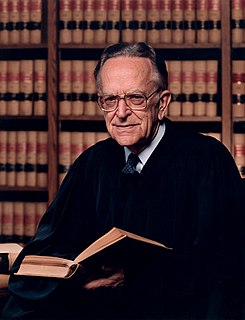A Quote by Alan Dershowitz
If torture is going to be administered as a last resort in the ticking-bomb case, to save enormous numbers of lives, it ought to be done openly, with accountability, with approval by the president of the United States or by a Supreme Court justice.
Related Quotes
There was only really one time that I had a substantive interaction with the president [Barak Obama] directly, and that was in 2013 when we were deciding whether to file a brief in the first gay marriage case, the Perry against Hollingsworth case. That was a weighty decision about whether the United States government was going to come in and say that heightened scrutiny ought to apply and some state bans on same-sex marriage ought to be unconstitutional. And that was the one time in my tenure where I thought I ought not make this decision without talking to the president.
The Constitution makes very clear what the obligation of the United States Senate is and what the obligation of the president of the United States is. To allow a Supreme Court position to remain vacant for well over a year cuts against what I think the intentions of the framers are and what the traditions of the Senate and the executive are.
In the case of Yugoslavia v. NATO, one of the charges was genocide. The U.S. appealed to the court, saying that, by law, the United States is immune to the charge of genocide, self-immunized, and the court accepted that, so the case proceeded against the other NATO powers, but not against the United States.



































